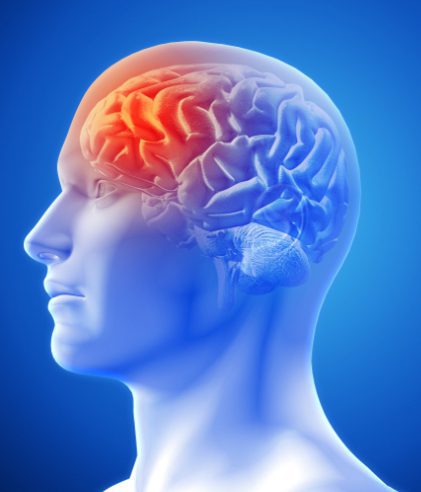As this is the sixth Scottish Parliament election, we decided to make six asks of the next Scottish Government and group of MSPs elected.
Our Interim Policy and Communications Manager, Rona Johnson provides information on our fifth election ask, which is support neurophysiology in Scotland.
Clinical neurophysiology is a diagnostic specialty and is a small, highly specialised branch of medicine.
Neurophysiology provides important diagnostic services to neurology, neurosurgery, orthopaedics, and intensive care units. It also has referrals from a wide range of inpatient and outpatient specialties.
Neurophysiology is staffed by Consultant Clinical Neurophysiologists, doctors who train in this discipline after their core medical training, and Clinical physiologists (CPs), healthcare workers who obtain a BSc and carry out a number of tests. CPs interpret some of these tests and doctors interpret the others.
The neurophysiology team is vital to ensure epilepsy is accurately diagnosed. Intensive Therapy Units (ITU) now rely heavily on neurophysiology services to identify non convulsive status epilepticus – a condition with 25% mortality.
The lack of on call availability over most of Scotland, apart from NHS GGC, means guidelines for identifying ongoing seizure activity as a cause of coma in ITU cannot be adhered to (SIGN guideline for epilepsy).
Current issues in Neurophysiology in Scotland
1. Inability to recruit to medical training posts. There is only one centre in Scotland (NHS GGC) which currently trains medics in neurophysiology. The neurophysiology specialty has a low profile because of the small numbers of practitioners. This has a knock-on effect when trying to promote the career to medical students and junior doctors.
2. Inability to recruit to consultant posts. There are a number of neurophysiologist posts in Scotland which are single handed. Trainees often tend to want to stay in the area where they have trained. There is little incentive for these individuals to move to an isolated post with no holiday cover or peer support.
3. Lack of funding for trainee physiologist posts. Currently neurophysiologist posts are funded by NHS Education for Scotland (NES) and Health Boards. Demand currently outstrips supply. It takes four years to train a physiologist and intake to the current degree course is every two years. Entry in 2019 will not produce an independent practitioner until 2023.
4. There is a reluctance from health boards to replace retiring physiologist staff, and the lack of available trained staff in the UK to take up these posts. In the next 10 years there are likely to be 11 physiologists retiring. Currently there are six trainees in Scotland.
Epilepsy Scotland’s number five election ask
Neurophysiology has a vital role in ensuring epilepsy is accurately diagnosed. This is critical to ensure every person has access to the optimal treatment which meets their needs.
We know neurophysiology will reach a crisis point within the next five to 10 years. We would like the next Scottish Government administration to devise a strategy to ensure neurophysiology in Scotland does not reach this breaking point.
As part of this strategy, we would like the Scottish Government to recognise the vital role of neurophysiologists and ensure any measures put in place to mitigate the risk of this crisis are strictly adhered to.
Finally, we would like the Scottish Government to promote and encourage more neurophysiologist training and ensure that all retiring physiologists are replaced.
You can read our full manifesto here which includes information on how you can get involved.
#Epilepsy2021




